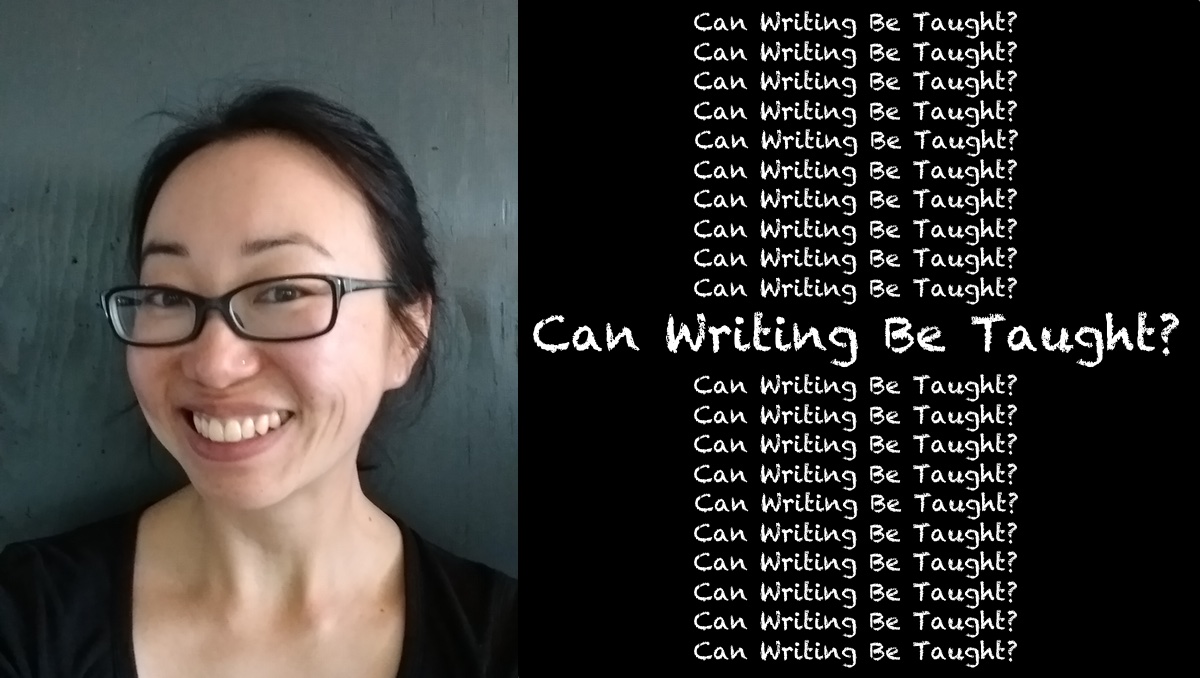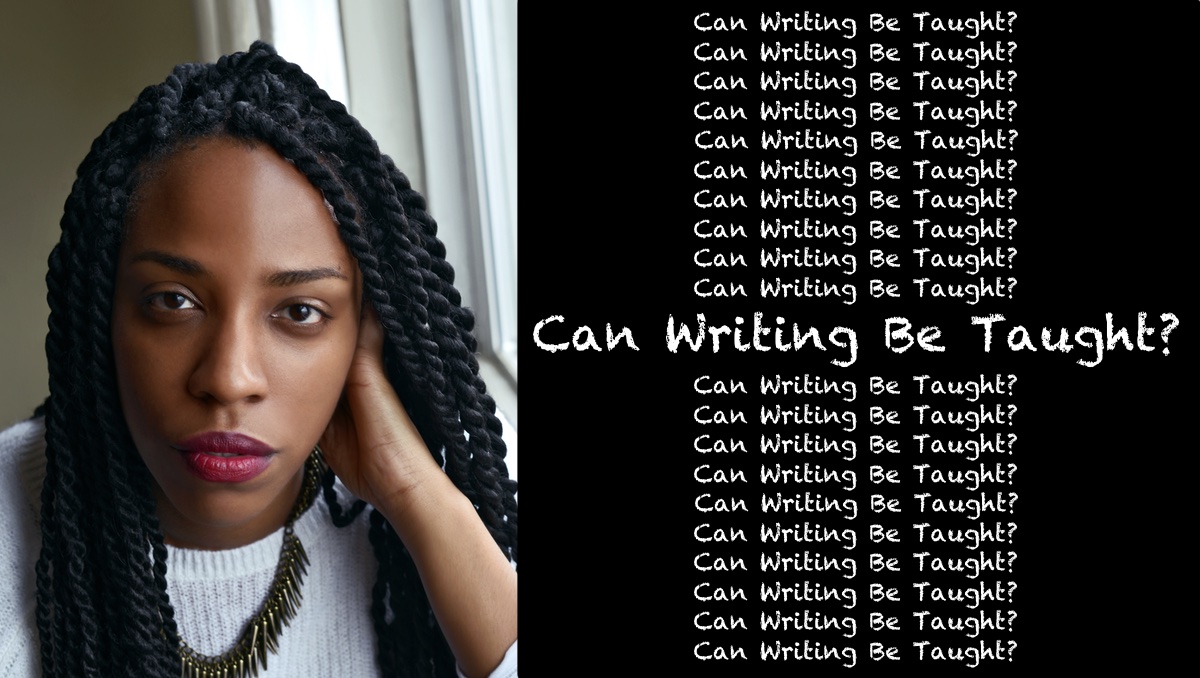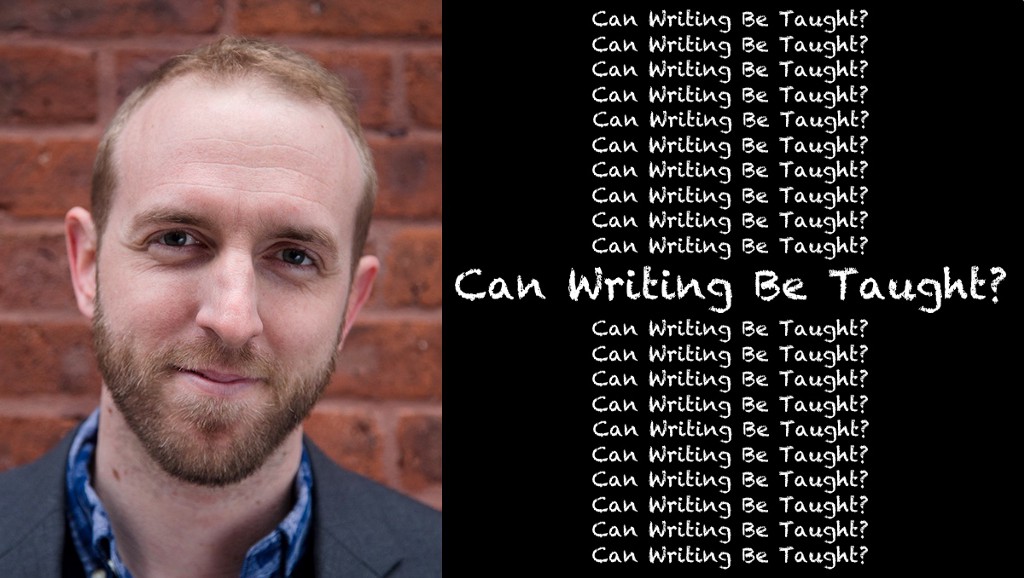interviews
Allie Rowbottom Wants You to Write Your Obsessions
Ten questions about teaching writing with the author of “Jell-O Girls”

I n our monthly series Can Writing Be Taught? we partner with Catapult to ask their course instructors all our burning questions about the process of teaching writing. This month we’re talking to Allie Rowbottom, a creative writing Ph.D. and the author of the family memoir Jell-O Girls, who’s currently teaching a six-week online advanced memoir workshop. You can find out more here, plus sign up to be notified when the class returns.

What’s the best thing you’ve ever gotten out of a writing class or workshop as a student?
The opportunity to read my peers’ work and think and write critically about what I think it’s doing and not doing and why. Over the years, giving feedback has taught me more about writing and my own work than receiving it.
Second to that, and more specifically, in my first writing workshop as an undergraduate, I received the great gift, from the great writer Carol Zoref, of having her take me aside and say you are drawn to unconventional forms so here, read this. She gave me Carole Maso, Eva Figes, and Virginia Woolf. They felt like they were writing in a language I’d always known, but never dared speak. This is the blend of permission and aid I endeavor to give my students.
Over the years, giving feedback has taught me more about writing and my own work than receiving it.
What’s the worst thing you’ve ever gotten out of a writing class or workshop as a student?
I really feel like there’s nothing worse than having an instructor or leader who isn’t prepared, or is “checked out” for whatever reason. It always sucks when peers don’t give timely or careful feedback, but when the professor fails to do so, it’s truly the worst.
What is the lesson or piece of writing advice you return to most as an instructor?
I use the term “gentle pruning” a lot, which is a testament to where my student’s work tends to be by the time I get to read it. Which is to say that often, by the time students submit, they’ve done the hero’s work of generating a lot of content connected to their subject and are ready to begin the task of figuring out how to shape that content to a narrative framework, a form, that best compliments it. Gentle pruning, or cutting away of the excess, often feels like next order of business but it’s one that can be hard to recognize without hearing it from a trusted source. That’s where I come in.
Does everyone “have a novel in them”?
That depends on our definition of a novel. Does everyone have 50,000 words of fiction in them? Probably, but that doesn’t mean it’ll be good.
Why Kanishk Tharoor Draws Plumbing Diagrams in Writing Class
Would you ever encourage a student to give up writing? Under what circumstances?
No. If they came to me and said, this is something I want to do, I would support them. But I’d never encourage a student or peer to give up.
What’s more valuable in a workshop, praise or criticism?
I hope this isn’t a dodgy answer, but a careful blend of both. Criticism can’t be heard if it’s not bolstered by praise; but we all know that praise, while essential for nurturing the often delicate self-esteems of writers, doesn’t really help us improve. But now that I say that, I wonder if praise, directed at carefully selected and specific examples in someone’s work, isn’t the very best sort of feedback? Because once we see what’s working and why, we can do more of it.
Should students write with publication in mind? Why or why not?
It’s good to have goals, and if publication is your goal, I think it’s absolutely appropriate to keep it in mind, and to keep an eye on what’s being published.
That said, I think it’s a fine line. If the marketplace starts dictating what we’re writing about, or causes an undo amount of stress, or, worst of all, if writing time starts getting sapped by Twitter and the perceived need for followers, it’s time to take a step back. Personally, I find that the more ensconced I am in the literary “scene,” be it online or in person, the less I’m writing anything of substance.
I find that the more ensconced I am in the literary “scene,” be it online or in person, the less I’m writing anything of substance.
In one or two sentences, what’s your opinion of these writing maxims?
- Kill your darlings — Useful when one is trying to justify to intransigent peers and students, why cutting the old poem they wrote in undergrad then shoehorned into their novel, needs to happen.
- Show don’t tell — I’m oddly pro this concept, though I never repeat this adage verbatim. Our goal is to convey information, sure, but also to help the reader see and experience our work in the theater of their imagination. And we do that by “showing” rather than “telling.”
- Write what you know — Okay, but also write what you’re obsessed with; write what you feel emotionally tethered to.
- Character is plot — Reductive and sort of meaningless. Plot is what happens when external forces place pressure on characters and force them to act. But plot can also be, in memoir, the timeline of someone’s life, shaped to a specific narrative.
What’s the best hobby for writers?
Something physical — gym, yoga, dog walks, whatever gets the blood flowing.
What’s the best workshop snack?
Other writers’ tears.









